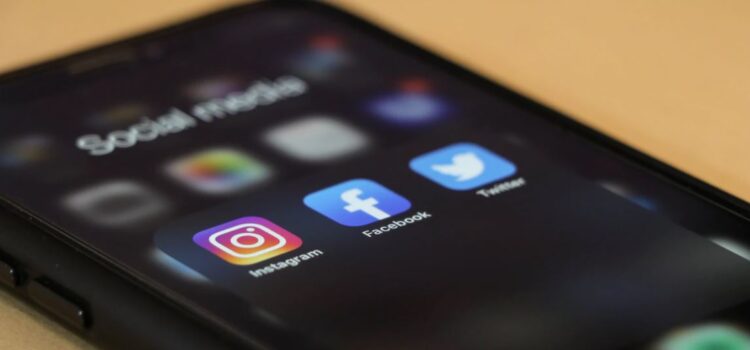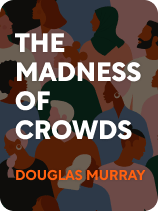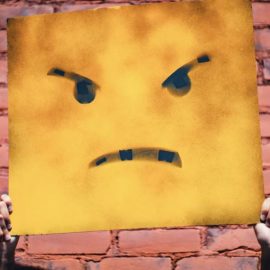

This article is an excerpt from the Shortform book guide to "The Madness of Crowds" by Douglas Murray. Shortform has the world's best summaries and analyses of books you should be reading.
Like this article? Sign up for a free trial here.
How does the social justice movement use social media? What contributes to cancel culture?
In his book The Madness of Crowds, Douglas Murray asserts that there’s something about the toxic social media experience that fuels the social justice movement. Not only does it contribute to the airing of grievances, it stifles the free exchange of ideas.
Continue reading to understand why Murray sees an unhealthy linkup between social media and social justice.
Social Media and Social Justice
Murray contends that social media and social justice can be a bad combination, as the platforms have made it easier for the ideology to flourish. This is because people use online spaces to constantly express feeling offended by perceived slights to their beliefs and identities.
Murray elaborates that social media encourages people to hyper-focus on themselves and their experiences. When they feel aggrieved by an offense, they can instantly vent that frustration on social media, or even call out the person they think is guilty of that offense. Like-minded people can then react immediately and virally, creating a toxic environment. Further, these like-minded users rarely examine the original circumstances of the incident to either prove or disprove the accusation. This can then lead to cancel culture.
(Shortform note: The social media pile-ons Murray describes may not just be toxic—they may also be inauthentic expressions of “support.” Some commentators argue that many people post online about hot-button issues for purely performative reasons—they want to appear “woke” without having to take any real-life action toward supporting people suffering from oppression. To make a real impact on marginalized communities, consider showing solidarity with a mistreated person in more subtle yet immediate ways. For instance, if you’re a man, you might spotlight the opinion of a female colleague whose voice is constantly overlooked by other male colleagues, without spotlighting yourself.)
Finally, Murray notes that social media has become a means through which politicians, academics, media personalities, and others aligned with the New Ideology can police speech and ideas not aligned with it. They censor and condemn those who express these ideas.
(Shortform note: In many cases, restrictions placed on individuals’ use of social media result from accusations of hate speech. The consequence of these accusations can be either a removal from or a suspended use of that service—this is called “deplatforming.” Opponents of deplatforming claim it’s both an ethical and legal violation of the person’s First Amendment right to free speech. Further, even some proponents of deplatforming aren’t sure of its long-term effectiveness in curbing hate activity among targeted users. Deplatformed users can sometimes adjust their social media tactics to still be heard, sometimes by going to an alternative or decentralized web platform and bringing previous followers with them.)

———End of Preview———
Like what you just read? Read the rest of the world's best book summary and analysis of Douglas Murray's "The Madness of Crowds" at Shortform.
Here's what you'll find in our full The Madness of Crowds summary:
- That Western society is consumed by social justice and identity politics
- Why we must combat this ideology and restore opportunities for disagreement
- How conservative viewpoints are being silenced and possible remedies






